Clove is a spice widely used in cooking, of Asian origin. The name is given by the fact that this spice resembles the carnation but in fact it is the dried bud of the Eugenia caryophyllata plant, a tree very common in the East.
For centuries it has been at the center of the spice trade coming from the far away Moluccas islands in Indonesia. Cloves contain flavonoids, tannins, triterpenes and volatile compounds including eugenol, a basic component of the essential oil and responsible for the analgesic power of this spice.
Since ancient times cloves were used for their analgesic properties, being most used for the treatment of toothache and for soothing skin inflammations. Today this spice is widely used in cooking and enjoys true healing properties.
The properties of clove
Cloves enjoy several properties: they are good for the digestive system, they are excellent natural pain relievers and have antibacterial action. Let’s see now all the benefits of this spice.
Anti-inflammatory
The anti-inflammatory properties of clove have been known for centuries. This benefit is given by the flavonoids they contain.
Anesthetic
Cloves enjoy excellent anesthetic properties, which is why they are often used as a natural remedy against toothache, applying them directly to the painful part or by gargling
Digestive System Benefits
Cloves improve the ability of food to pass through the intestines, without creating toxin buildup.
Antimicrobial
The antimicrobial benefits of cloves have been known for centuries, so much that ancient Egyptians used them to embalm corpses and prevent the growth of harmful fungi and bacteria. Today, infusions of this spice are used to combat skin fungus, often combined with thyme and coriander.
Tonic
Cloves help overcome exhaustion and headaches by stimulating blood circulation. For this reason, cloves are considered good aphrodisiacs.
Antioxidant
Cloves are rich in antioxidants and therefore counteract the aging of the skin and the excess of free radicals, phenomena at the base of many modern diseases, especially those of an inflammatory nature, but not only.
They preserve foods
Cloves have another interesting property: they help preserving foods for a longer time. This is thanks to their ability to hinder the oxidation process of fats, making sure that foods can keep their freshness and nutritional characteristics longer.
A few tips on how to use cloves
How to use cloves in cooking
In cooking this spice is often used as an accompaniment to meats, seasoned cheeses and some vegetables. In this case add few cloves in the seasoning. They are also very used for aromatizing wines, liquors and sweets.
Cloves for therapeutic purposes: medicinal properties
Besides being used in cooking, cloves are also very useful in herbal medicine. For this purpose, it is generally used as herbal tea, mother tincture or essential oil. Let’s see how to use it in these three ways:
- Herbal tea: infusion of cloves is used to mitigate nausea, indigestion and intestinal troubles. The suggested dosage is of 1 or 2 nails every 150 ml of hot water. For digestive problems cloves can be combined with other carminative spices, such as ginger, anise or cumin;
- Mother Tincture: as an alternative to the infusion, in order to benefit from the qualities of this spice, it can be used the mother tincture to be taken 30 drops in little water 3 times a day (except different indications by the doctor or herbalist);
- Essential Oil: essential oil of cloves is a valid ally against viruses and mycosis, moreover it has an effective anesthetic action.
Other Uses of Cloves
If put in closets in aromatic bags, cloves will keep moths away, as well as if put in a small container in kitchen pantries will keep away food moths. Cloves, combined with lemon, if placed on the windowsill will help keep flies away.
Contraindications, Side Effects and Interactions
Avoid use in late pregnancy. Do not use in case of ulcer or hypersensitivity to one or more of the components. At high doses, Clove Essential Oil is toxic to the liver and nervous system. Do not apply pure essential oil on gums and skin as it can be irritating, it is better to dilute it with a neutral vegetable oil (for example Almond Oil)

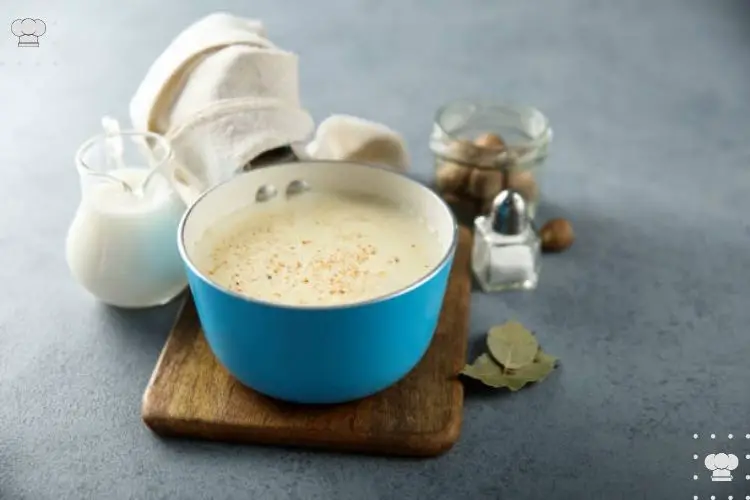
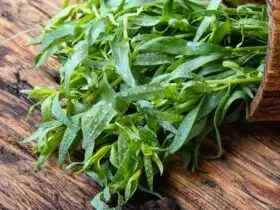
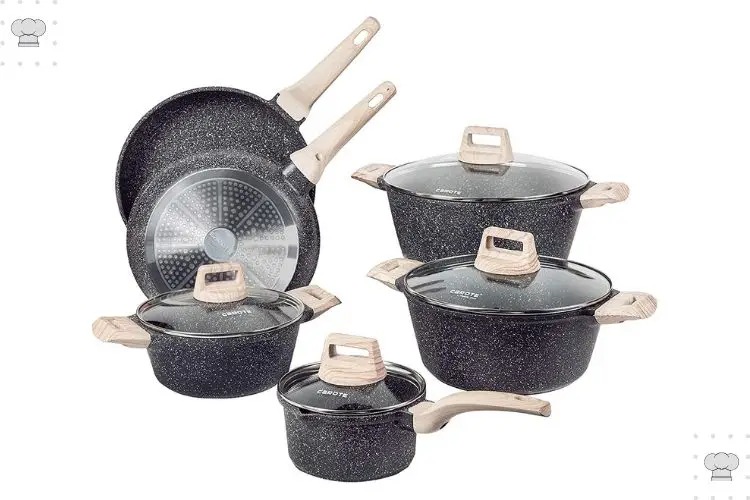
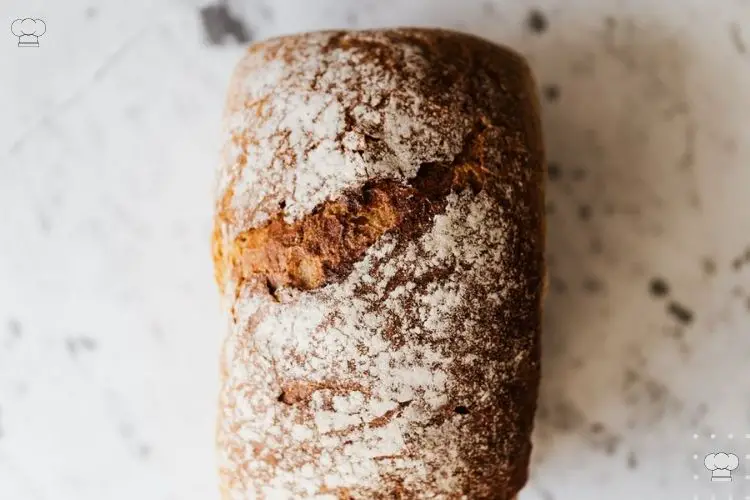
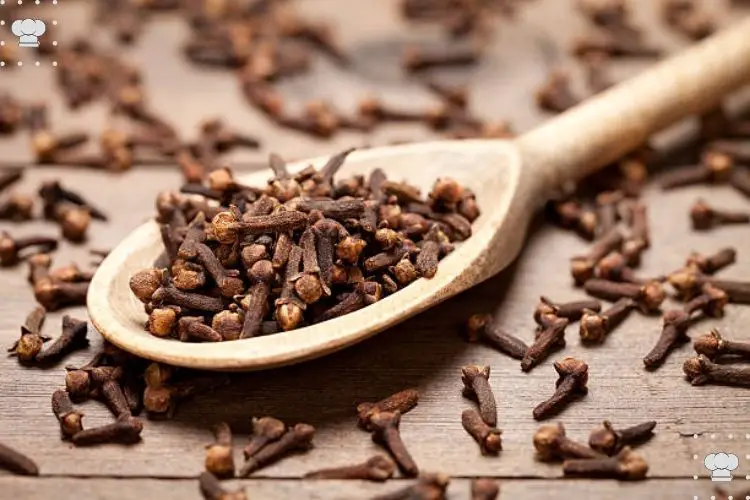
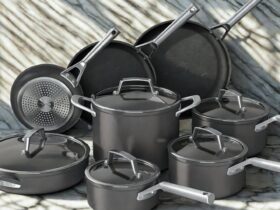

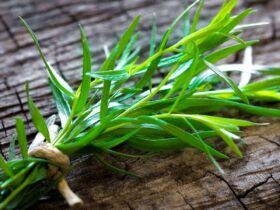
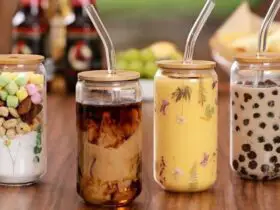
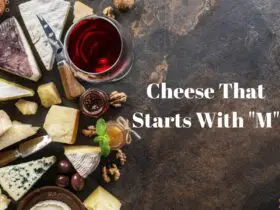
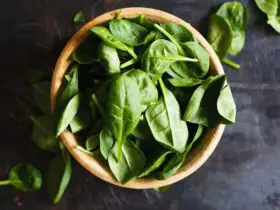
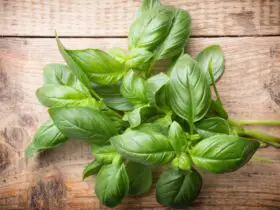
Leave a Reply